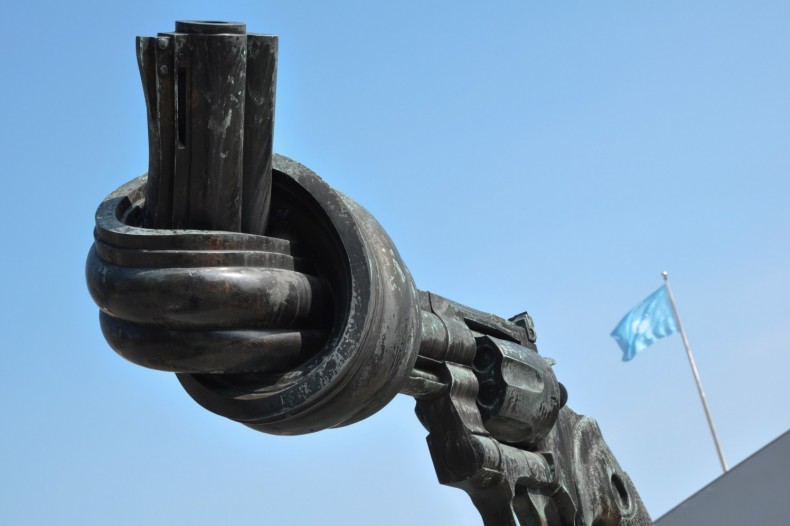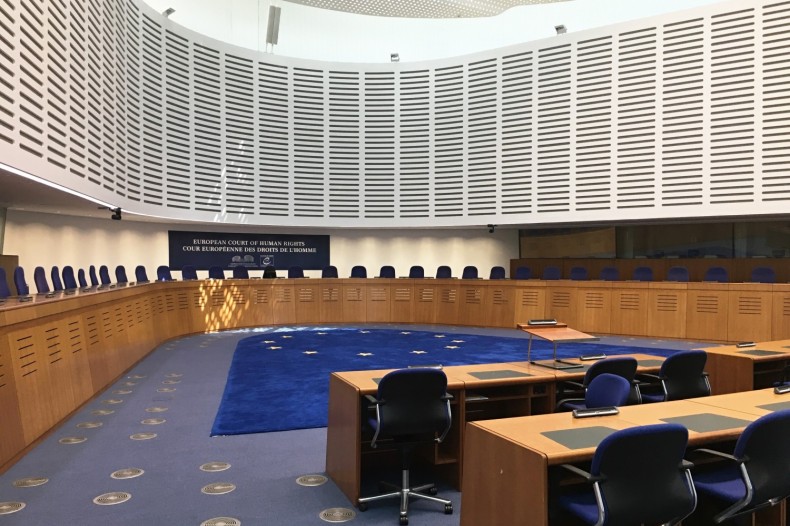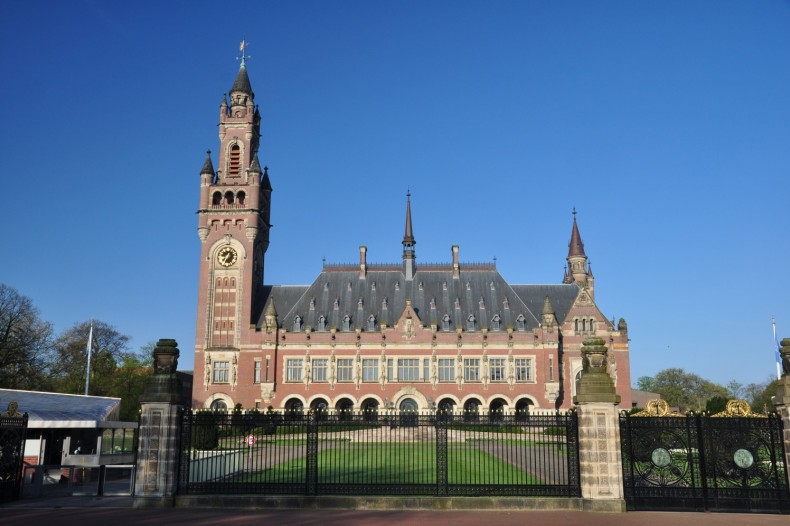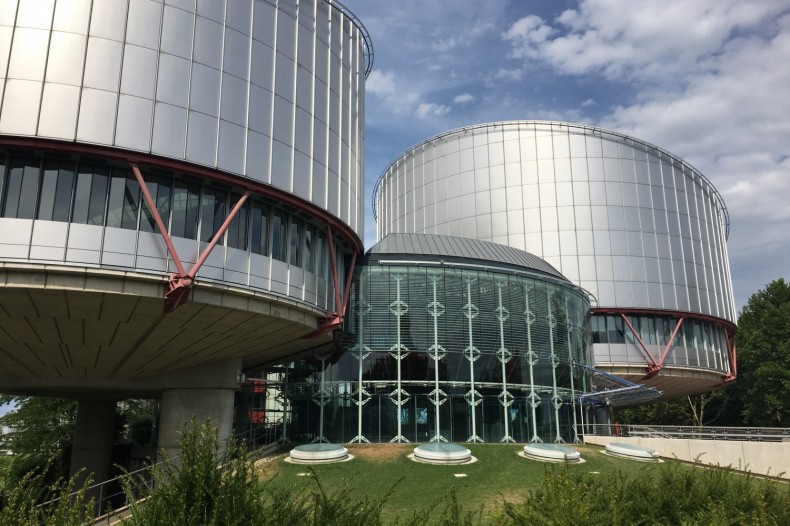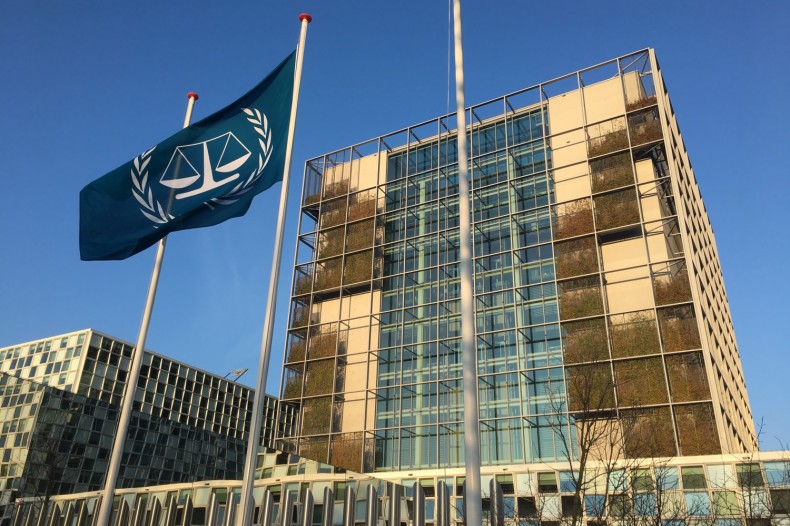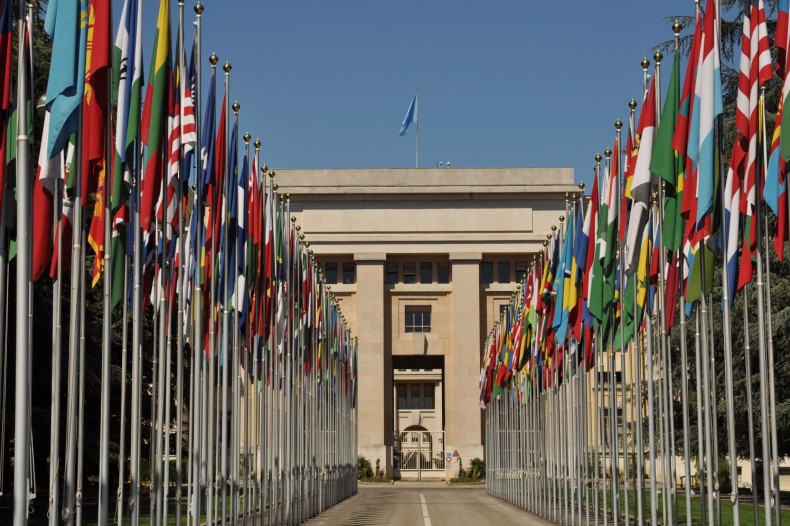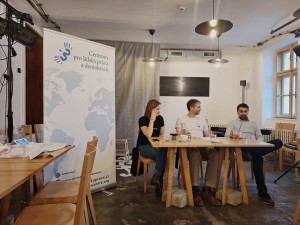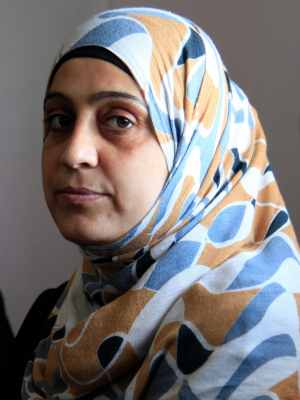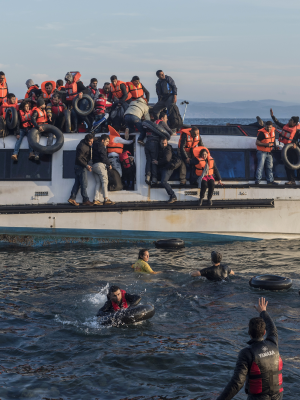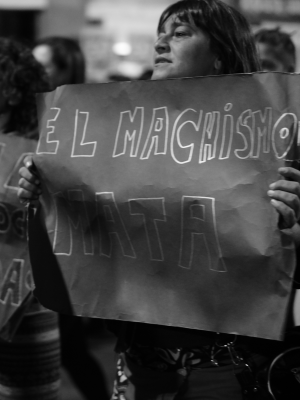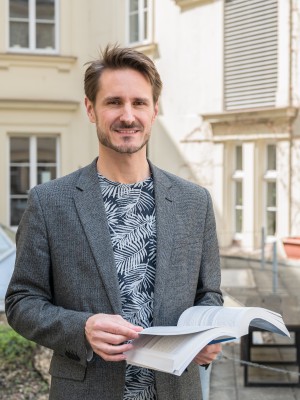Czech Centre for Human Rights and Democracy
The Centre is an independent academic institution monitoring human rights developments both domestically and worldwide, issuing a monthly Bulletin, as well as organizing conferences.
On 1 December 2022, the Czech parliament adopted Act No. 1/2023 Coll., on restrictive measures against certain serious acts in international affairs (Sanctions Act). The Sanctions Act, known also as “the Czech Magnitsky Act”, entered into force on 3 January 2023 and added the Czech Republic to the UN and EU sanctions regimes. It should serve as a national instrument for protecting human rights and freedoms, combating terrorism, and contributing to international peace and security. It applies to all perpetrators, regardless of their country of origin.
On 10 December 2023, in Café Morgal, we organised the first Human Rights Cultural Festival and did not choose the date randomly. In fact, it was a birthday party for the Universal Declaration of Human Rights, which was adopted by the General Assembly of the United Nations on 10 December, exactly 75 years ago. Although we are not contemporaries of its birth, we see the merits of the Declaration in everyday life, whether it is the right to free expression, to travel, or to enjoy judicial protection against injustice.
The International Criminal Court (ICC) has taken a significant stride in addressing a crime that has long been neglected – gender persecution. Though present in the Rome Statute, this crime has often been overlooked. A recently published policy paper signifies an effort to combat gender persecution and bring justice to its victims.
In a world facing unprecedented global migration challenges, non-governmental organizations have played a crucial role in saving lives at sea through search and rescue operations. However, a recent development in Italian legislation, coupled with practices by Italian authorities, have raised concerns about the effectiveness of these humanitarian efforts.
When discussing gender equality and gender-based violence, it is important to address the concept of machismo. Machismo refers to traditional gender roles within a society, often transmitted from one generation to another and seen as “normal”. This article will help us understand the causes of machismo, its influence, and its consequences on society.
In March this year, the international Horizon project, supported by the European Union, was launched with the participation of over ten universities from European and non-European countries.
The Indonesian Parliament has passed a new criminal code. Sex outside of marriage will now be punishable by up to a year in prison. Insulting the president, blasphemy or spreading information on contraception are also considered criminal offenses. The new changes have brought a huge wave of negative criticism not only in Indonesia, but also around the world.

